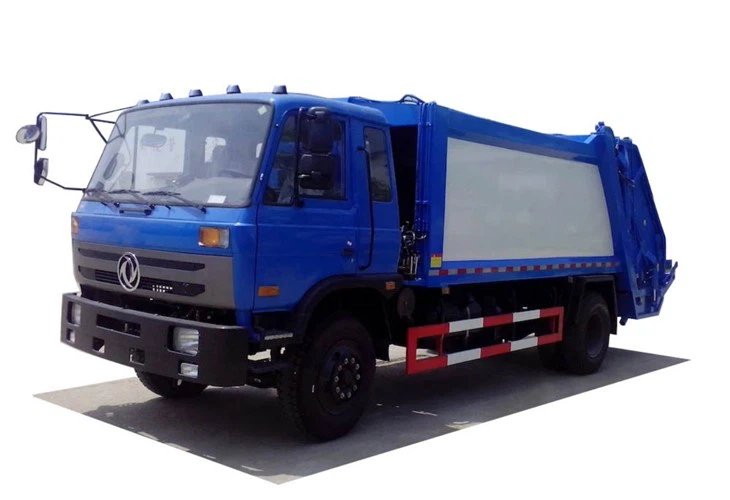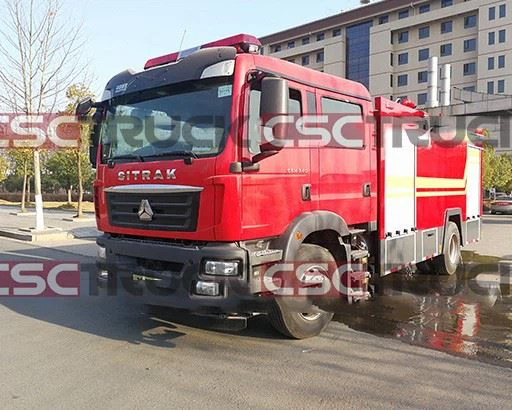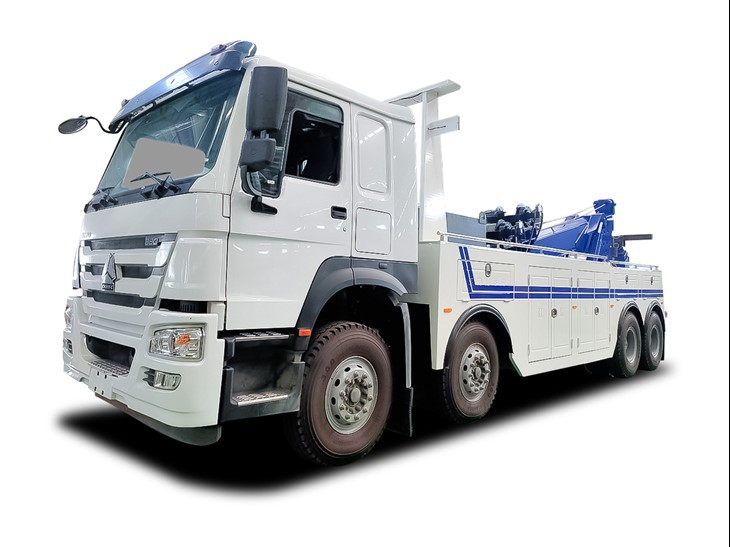When it comes to waste management and construction projects, roll off containers are an essential asset. Whether you’re a contractor, a commercial business owner, or a homeowner tackling a significant renovation, finding the right roll off containers for sale can make all the difference. In this article, we’ll explore the various types of roll off containers, their uses, essential tips for selecting the right one, and everything else you need to know about purchasing roll off containers.
What is a Roll Off Container?
A roll off container is a type of dumpster used primarily for temporary waste collection at construction sites, during home renovations, and for commercial waste disposal. They are designed for easy delivery and pickup, rolling off the truck for placement on the job site and back onto the truck for transport when full.
Types of Roll Off Containers
Choosing the right type of roll off container is vital. Here are some common categories:
- Standard Roll Off Containers: Generally available in sizes ranging from 10 to 40 cubic yards, these are used for general construction debris and waste.
- Specialized Roll Off Containers: Designed for specific materials such as hazardous waste, concrete, or yard waste.
Sizes of Roll Off Containers
Roll off containers come in various sizes to accommodate different project needs. The most common sizes include:
| Size (Cubic Yards) | Dimensions (L x W x H) | Typical Uses |
|---|---|---|
| 10 | 12′ x 8′ x 3.5′ | Home cleanouts, small renovations |
| 20 | 22′ x 8′ x 4′ | Medium home projects, roofing |
| 30 | 22′ x 8′ x 6′ | Large construction sites, commercial projects |
| 40 | 22′ x 8′ x 8′ | Major renovations, demolition |
Understanding Roll Off Container Pricing
The price of roll off containers can vary based on several factors. Typically, costs are influenced by the following:
Factors Affecting Price
- Size: Larger containers typically cost more.
- Weight Limit: Exceeding a weight limit can incur additional fees.
- Duration: Length of rental can impact pricing; longer rentals may come with discounts.
- Location: Delivery and pickup fees can vary based on distance from the rental company.
- Type of Waste: Special waste like e-waste or hazardous materials can be more costly to dispose of.
Where to Buy Roll Off Containers
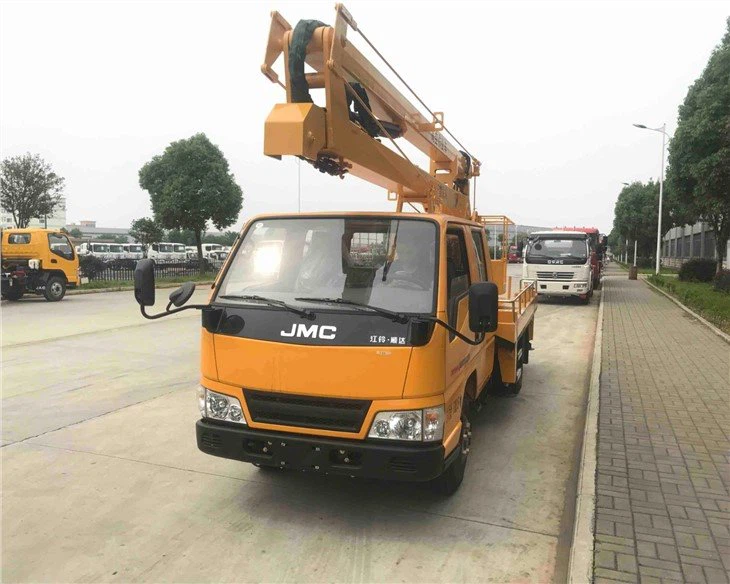
Roll off containers can be purchased or rented from several sources:
Local Equipment Rental Companies
Many local companies offer roll off containers for sale or rent, which allows for easy pickup and delivery.
Online Retailers
Websites like Amazon or eBay may offer new or used roll off containers at competitive prices.
Manufacturer Direct
Buying directly from manufacturers could save costs, especially for bulk purchases. It’s essential to research reputable manufacturers ahead of time.
How to Choose the Right Roll Off Container
Assess Your Needs
Consider project size, the type of materials you need to dispose of, and your budget. This assessment will clarify which size and type of container you should pursue.
Check Regulations
Check with local authorities about regulations for disposal and placement of roll off containers. Some areas may have restrictions or permit requirements.
Compare Prices and Services
Contact several companies, compare their pricing structures, and read reviews for insights on service quality before making a decision.
Best Practices for Using Roll Off Containers
Loading the Container
Proper loading can maximize space and efficiency:
- Pile heavy items at the bottom and lighter items on top.
- Ensure the load is well-distributed to avoid tipping.
- Avoid overloading; adhere to weight limits to prevent extra fees.
Placement Considerations
Place the container on solid ground to prevent it from sinking or tipping. Make sure it’s accessible for pickup and doesn’t obstruct traffic.
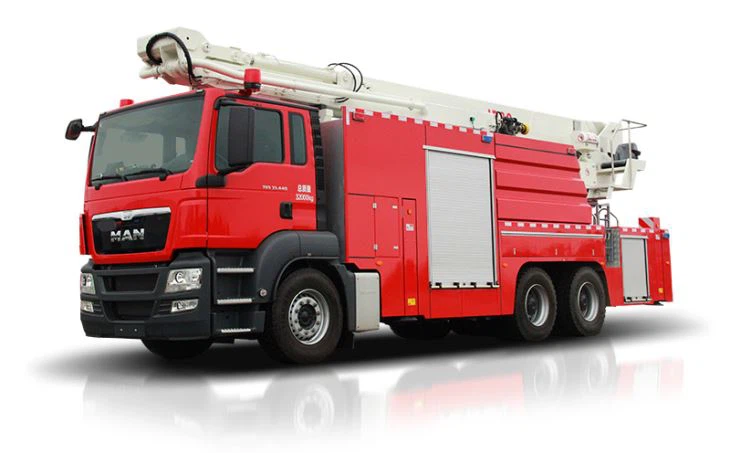
Common Uses for Roll Off Containers
Home Renovations
Renovators can use roll off containers for disposing of old materials, reducing clutter and improving safety on site.
Construction Sites
Contractors benefit from having roll off containers for collecting debris swiftly and effectively, fostering a cleaner and safer worksite.
Commercial Waste Management
Businesses often use roll off containers for routine waste management, ensuring compliance with local waste disposal regulations.
Maintenance and Care for Roll Off Containers
Regular Inspections
Check for damage regularly, ensuring the integrity of the container to avoid spills or leaks.
Cleaning and Upkeep
Maintain cleanliness to avoid unpleasant odors. Schedule regular cleanings if the container will be in use for extended periods.
FAQs about Roll Off Containers
1. How long can I rent a roll off container?
Most rental companies offer rentals ranging from a few days to a few weeks, with options to extend if necessary.
2. What can go in a roll off container?
Typical items include construction debris, household junk, furniture, and yard waste. Each company will provide a list of acceptable materials.
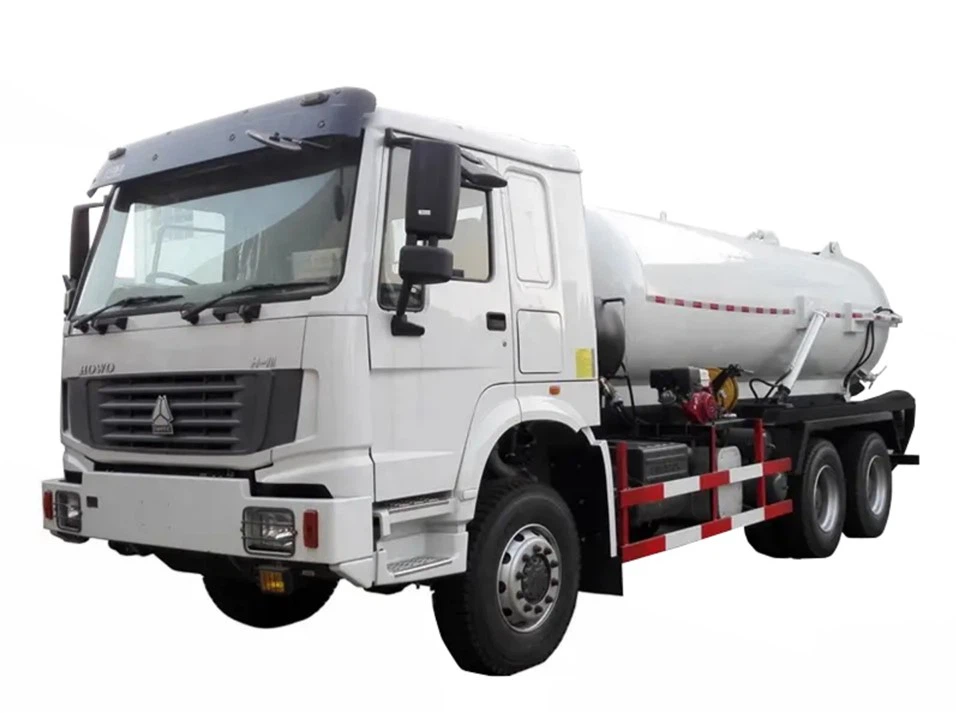
3. Are there restrictions on what can be placed in the container?
Yes, hazardous materials, such as paints, chemicals, and batteries, usually cannot be disposed of in roll off containers.
4. How is a roll off container delivered?
Delivery involves a specialized truck that rolls the container off onto your designated location. Ensure there is ample space for the truck’s maneuvering.
5. What happens if I exceed the weight limit of the container?
Exceeding the weight limit can result in additional fees. Not only that, but it can also pose safety risks during transport.
6. Can I keep the container longer than originally planned?
Yes, many companies offer an option to extend your rental period, typically at an additional daily rate.

